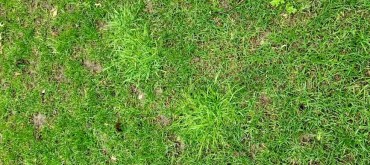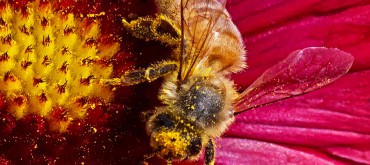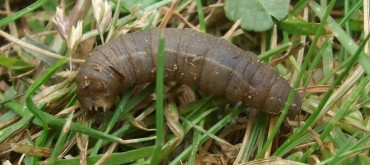Mosquitos have been a nuisance to our lives ever since we can remember. Recent diseases like the Zika Virus and West Nile Virus have gotten everyone scared every time we get a bite. Around the world there are over 3,500 species of mosquitos, Ontario is a home for 75 of them. Both genders of the mosquito population feed on nectar but only females feed on blood to develop and lay their eggs. All mosquito species have four stages to their life cycle: Egg, Larvae, Pupa, and Adult. In perfect conditions, this cycle takes approximately 10 days.
In the Egg cycle of the mosquito, females lay between 100 - 300 eggs at a time, every few days. Eggs are laid directly on or near non-running water. Those that are laid near a body of water can survive in dry conditions for months, until a water source comes along and the eggs reach the next stage of their life cycle. Think about your backyard, do you have a pool? A pond? A bird water bath? A clogged gutter? Or any place where water can accumulate? Those are perfect spots for mosquitos to mate and lay their eggs.
Larvae stage is what happens after the eggs hatch in water. The larvae feeds on organic matter from a water source and the length of time it takes them to reach the next stage (Pupae) all depends on the water temperature, type of mosquito and how much food the water source contains. Larvae live at the surface of a body source, as they breathe through tubes connected to air. Larvae look like little wigglers.
The third stage is the Papae stage, which is often referred to as “tumblers”. This is when the mosquito stops feeding but is still at the surface of a body of water, breathing through 2 tubes. During this time the mosquito develops its mouth, legs and wings.
The final stage of the life cycle is the Adult. A female adult can live for as long as 6 weeks, but can lay eggs multiple times after one blood meal. If the weather conditions are very hot and humid, they can live for even longer. The males live for about a week and mate multiple times, whereas females mate once in the adult stage. A female can lay up to 3,000 eggs during her life span.
To decrease the mosquito population around your home, the best thing you can do is to minimize areas that accumulate standing water on your property, to ensure mosquitos don’t have a place to breed and lay eggs. Mosquitos are attracted to the scent of carbon dioxide as well as body heat and most often bite animals. That being said, they still find human blood most appealing. Mosquitos are attracted to sweat and scents from various body products (i.e. perfume, soap, lotion) so if you plan to be outdoors at dusk or dawn, refrain from applying anything to your body (except for bug repellent). They are also attracted to dark clothes, so wear something light (and loose) and cover as much of your skin as possible.
Sometimes it seems like we do everything we can, but still get bit from head-to-toe. Turf Systems has a mosquito control program to make sure you and your family can have a worry free summer outdoors. To receive an estimate for your property - simply send us a message here to get started!





